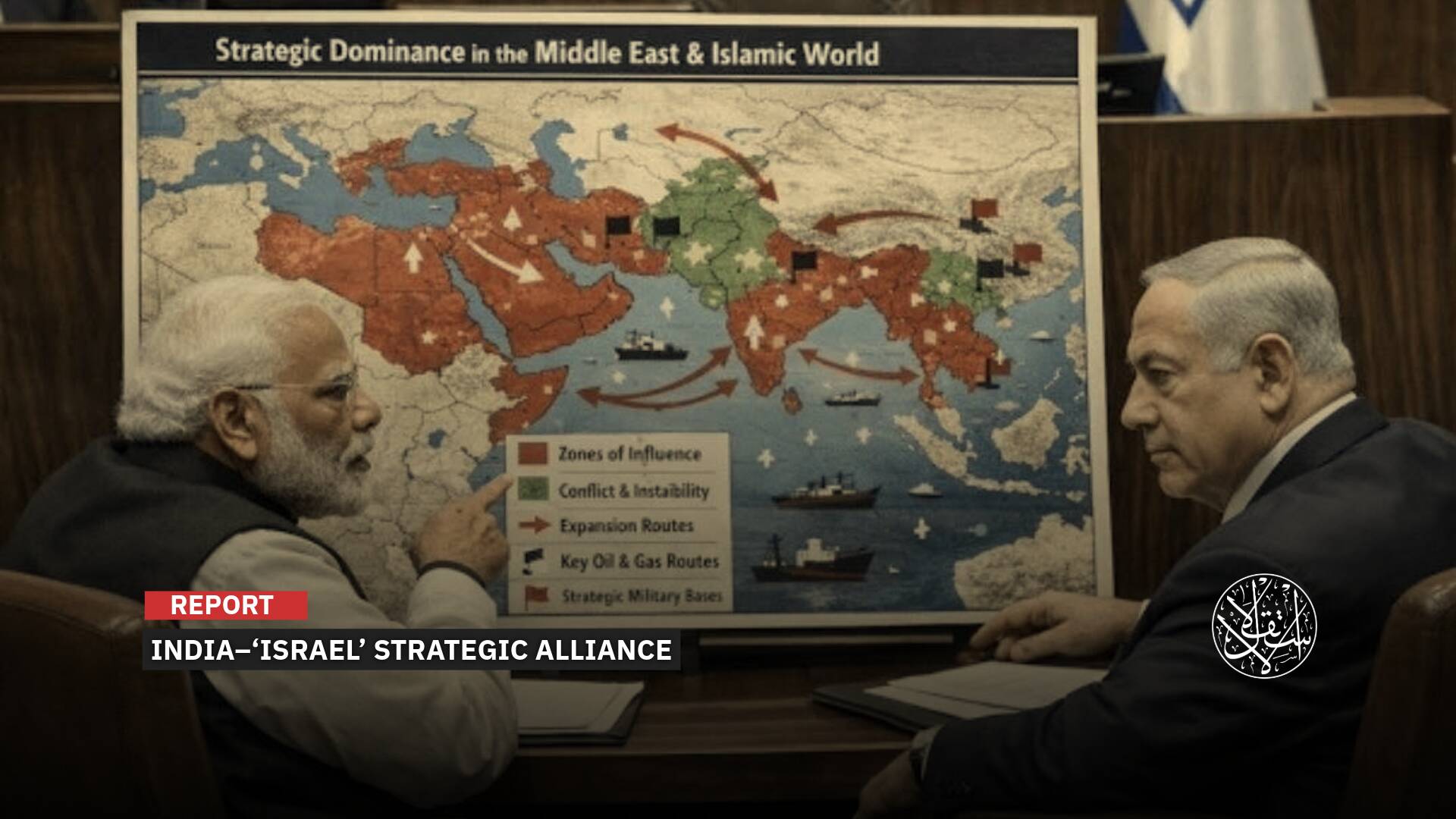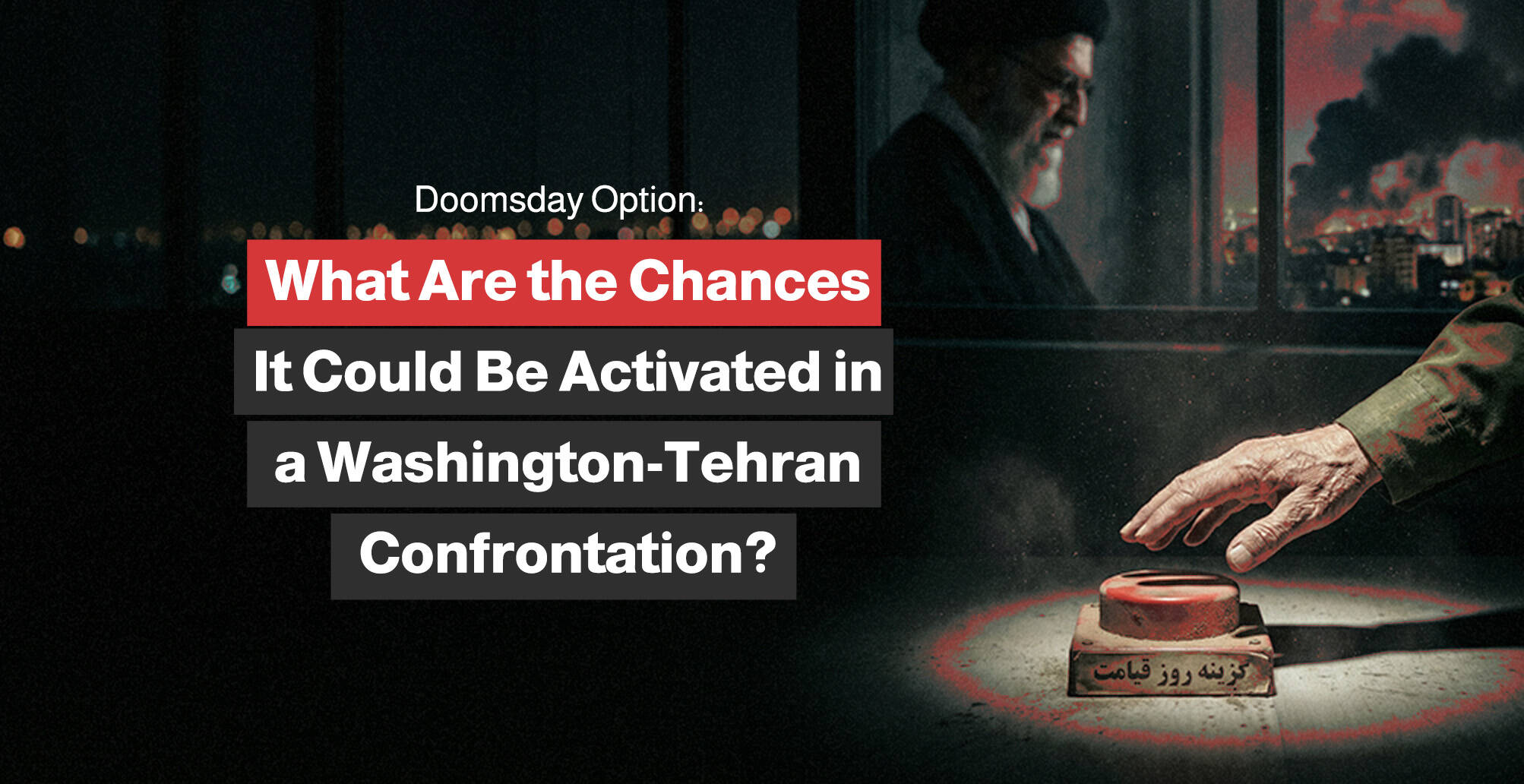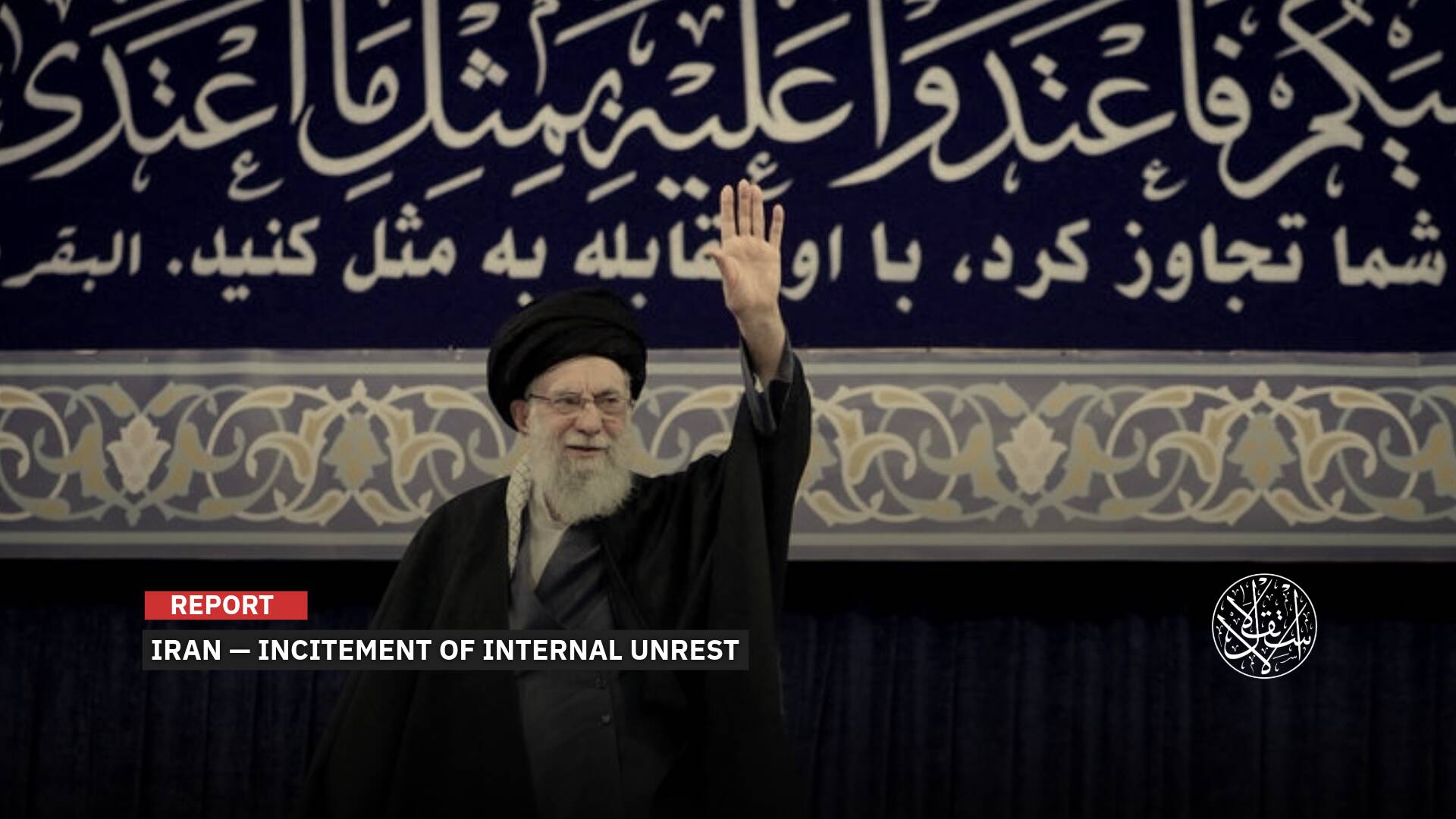Mutual Interests: What Lies Behind France's Escalating Support for Syrian Kurdish Separatists?

France continues to embrace the Kurdish Autonomous Administration of North and East Syria (AANES), providing support while facing the recent Turkish opposition to separatist ideas in the region.
With Washington maintaining its presence in northeastern Syria and providing support to its ally, the Syrian Democratic Forces (SDF), which is affiliated with the Kurdish Autonomous Administration of North and East Syria, Paris sees expanding its presence there as achieving multiple objectives.
France’s presence in Syria is limited to around 200 personnel, primarily stationed in bases protected by U.S. forces as part of the Global Coalition against the Islamic State in the region since July 2014.
France Embraces the SDF
Further confirming Paris’ interest in a crucial Syrian region rich in oil, gas, and agriculture is its ongoing openness to Kurdish officials who lead the areas in northeastern Syria.
On April 12, 2023, Nuri Mahmud and Roxsana Muhammad, the spokespersons for the Syrian Kurdish People’s Protection Units (YPG, YPJ), and Khaled Issa, representative of the Kurdish areas in northern Syria, held meetings at the French National Assembly (Parliament) in Paris.
Among the attendees was Sarah Tanzilli, a representative of the ruling Renaissance Party, through whom the Syrian Kurds sought to rally France to their cause.
Several French deputies, including Marie Pochon of the French Green Party and Senator Pierre Laurent, traveled to Kurdish-controlled areas in Syria in March 2023 and called for further French support for the Kurdish Autonomous Administration of North and East Syria (AANES) upon their return.
Earlier, on March 25, 2023, the Department of Foreign Relations of the Kurdish AANES announced that a delegation consisting of the Deputy Head of the Department of Relations, Bedran Ciya Kurd, representative of the AANES in Europe, Abdul Karim Omar, its representative in France, Khaled Issa, and the spokesperson for the People’s Protection Units (YPG) and Women’s Protection Units (YPJ), Nuri Mahmud and Roxsana Muhammad, visited the French Senate in Paris.
The delegation also met with Pierre Laurent, Vice President of the French Senate, and discussed the overall situation in Syria, after 12 years of its crisis at the expense of the Syrian people, without prospects for any political solution, as well as the Turkish threats to the region and the political, economic, humanitarian, and security challenges facing the AANES.
Laurent affirmed support for the AANES and the development of cooperation with it to confront terrorism and find a peaceful and democratic solution to the war in Syria, according to a statement by the AANES.
These French moves have angered Turkiye, as the Turkish Ministry of Foreign Affairs summoned the French Ambassador to Ankara, Herve Magro, in protest against the French Senate hosting officials from the AANES.
The Turkish Foreign Ministry informed Ambassador Magro of Ankara’s expectation for the French authorities to take steps within the framework of counterterrorism and not allow the “legitimization efforts” of the organization in Syria, which is an extension of the Kurdistan Workers’ Party (PKK).
Ankara, Washington, and many European capitals classify the PKK as a terrorist organization due to its armed attacks targeting the Turkish interior in recent decades, and it serves as the ideological inspiration for all the Kurdish armed groups in Syria and Iraq that aspire to secession and the establishment of a Greater Kurdistan.
Mustafa Sentop, the Speaker of the Turkish Parliament, said in a tweet on March 28, 2023, that hosting a separatist terrorist organization that threatens Turkiye’s national security in the French Senate is extremely serious but not surprising.
Mutual Interests
In the growing relationship between the Autonomous Administration of North and East Syria (AANES) and France, despite Turkiye’s displeasure, there are common interests that bring them together.
The AANES seeks international recognition by ensuring its inclusion as part of the political solution in Syria.
It currently controls 25.64% of Syrian territory, including significant parts of Deir ez-Zor, Raqqa, al-Hasakah, and Aleppo provinces.
This control is due to the support of the United States for the People’s Protection Units (YPG), the backbone of the Syrian Democratic Forces (SDF), which is the armed wing of the Democratic Union Party (PYD), the Syrian branch of the PKK.
According to the Syrian Interim Government affiliated with the opposition, the SDF controls nearly 90% of the oil fields and 45% of the gas production in Syria.
The Euphrates River also runs through the areas under their control in the three provinces of al-Hasakah, Raqqa, and Deir ez-Zor, which are fertile agricultural lands, especially in wheat production.
Therefore, France sees supporting the AANES as an opportunity for regional and international competition for influence in Syria, a country with a legacy of long-standing mandates from 1920 to 1946.

Furthermore, the Kurdish-led Syrian Democratic Forces (SDF) still leverage the card of the Islamic State organization, which the United States declared eliminated in Syria in March 2019, to maintain ties with France.
The French nationals who are imprisoned by the SDF, particularly in the al-Hasakah Industrial Prison and the al-Hawl Camp and its surroundings, serve as an important point of discussion between the SDF and Paris.
France receives repeated requests from French non-governmental organizations and the families of detainees to end what they consider an “inhumane” policy and repatriate these individuals to their home country.
According to statistics from the French government, approximately 1,700 French citizens have joined the Islamic State since 2014.
French authorities and a significant part of the political class viewed joining the Islamic State as a declaration of war against Paris.
As a result, they have been hesitant to resolve the issue and reunite these individuals with their families after their rehabilitation and reintegration into society.
Securing Support
France’s support for the Kurdish Autonomous Administration of North and East Syria (AANES) is part of the broader conflicts and disputes between Paris and Ankara on various international issues.
Syria, in particular, represents the most dangerous of these issues, given the direct presence of PKK branches on Turkiye’s southern borders.
Observers emphasize that French policy is the weakest card in Syria, so Paris is attempting to compensate for its losses, whether in Libya or Africa, at the expense of Turkiye.
Therefore, they point out that France’s messages about increasing cooperation with the SDF are a confrontation against Turkiye, especially since there are SDF leaders who have arrived in Paris wearing their military uniforms.
Observers suggest that the SDF is actively seeking a “trustworthy alternative” for support, as it has not found such support from Russia or Iran.
These countries, as allies of the Assad regime, aim to expand their influence by annexing SDF territories and incorporating their forces into their own military structures, operating under the control of their defense ministries.
This is something that SDF Commander Mazloum Abdi has rejected.

The AANES also demands investments from France in its regions, particularly in the oil, health, education, services, and infrastructure sectors.
Thus, the SDF exploits the strained relationship between France and Turkiye, which has yielded some positive results.
For example, in July 2022, the SDF managed to gather signatures from 102 French deputies, the majority of whom were from left-wing parties, to reject the Turkish military operation that Ankara intended to launch against its northeastern regions in Syria.
On May 23, 2022, Turkish President Recep Tayyip Erdogan threatened a military operation against the SDF with the aim of completing the “security belt” along Turkiye’s southern borders.
Turkiye’s intention to launch a military operation represents the third one against PKK branches and the fifth in Syria, aiming to dismantle the dream of establishing a separatist entity within Syrian territories along its southern borders.
Ankara intends to convert that border strip into a safe zone with a depth of 30 kilometers to accommodate Syrians fleeing the Assad regime’s oppression.
Turkiye’s Aggression
In this context, Mudar Hammad al-Asaad, the spokesperson for the Syrian opposition’s Council of Tribes and Clans, believes that France’s rapprochement and interest in the SDF militia primarily target Turkiye since Paris views Erdogan’s government with hostility due to its Islamic tendencies.
He added that Turkiye has managed to enter the vital French sphere in Africa in recent years and undermine France’s position, as the latter considers itself the spiritual father and leader of African countries rich in oil, gold, uranium, gum Arabic, precious minerals, animal resources, and virgin agricultural lands.
Al-Assad continued, stating that Turkiye’s intervention in France’s African domain signifies its desire to seize hidden resources and distance France from them, as well as Turkiye’s contribution to the development of Africa.
He further explained: “Therefore, France supports PKK branches to exert pressure on Turkiye in terms of security, military influence, and affecting its military bases in northern Syria and northern Iraq.”
Al-Assad highlighted that one of the reasons for France’s interest in and support for PKK branches in Syria is its belief that it has rights in Syria, a country it colonized in the 20th century.
These reasons include the discovery of dozens of oil and gas wells by exploration companies, along with other significant underground resources that hold great importance for France, coupled with the abundance of archaeological hills and water resources.
He added: “Therefore, France sees the need to have an influential foothold in the Jazira and Euphrates regions and Syria as a whole.”
According to al-Assad, PKK branches are the primary beneficiaries of all this support provided by France, whether in the media, politics, military, security, or trade domains.
They are now leading the European Union countries to separate the Jazira and Euphrates regions from Syria and turn them into a state under the control of the Kurdistan Workers’ Party (PKK).

The Syrian opposition has frequently criticized France’s relationship with the Kurdish AANES, which it sees as an entity seeking to separate Syrian territory and achieve a separatist agenda, particularly after the forced displacement of many Arab residents from their villages and cities through armed forces.
The National Coalition of Syrian Revolutionary and Opposition Forces has previously expressed anger over French President Emmanuel Macron’s reception of a delegation representing the Kurdish AANES on July 20, 2021.
The delegation included representatives from the political umbrella of the YPG forces in northeastern Syria.
In a statement, the National Coalition warned that “anyone who paves the way for dealing with these militias is declaring a direct relationship with the terrorist Kurdistan Workers’ Party (PKK).”
The statement emphasized that “these militias have committed crimes of displacement, demographic change, and serious violations against the Syrian people. They have seized Syria’s resources and hindered its progress to achieve foreign and non-national agendas.”
It clarified that “the policies and plans of these terrorist militias are consistent with and derived from the Assad regime, and they are, as a whole, against the demands, rights, and aspirations of the Syrian people.”
The National Coalition strongly emphasized that “demanding recognition of these militias, which impose themselves on the Syrian people by force, constitutes a violation of Syrian territorial integrity.”
It also highlighted that “insisting on this step will complicate the Syrian issue and steer it away from the path to a solution.”
Sources
- French deputies receive a military delegation from the “SDF” at the headquarters of the French Parliament [Arabic]
- The Autonomous Administration is discussing the “challenges” of the political process with the French Senate [Arabic]
- Ankara expresses its dissatisfaction with France's hosting of terrorist "YPG" members [Arabic]
- Turkiye warns France against supporting the Syrian Kurdish People's Protection Units [Arabic]












